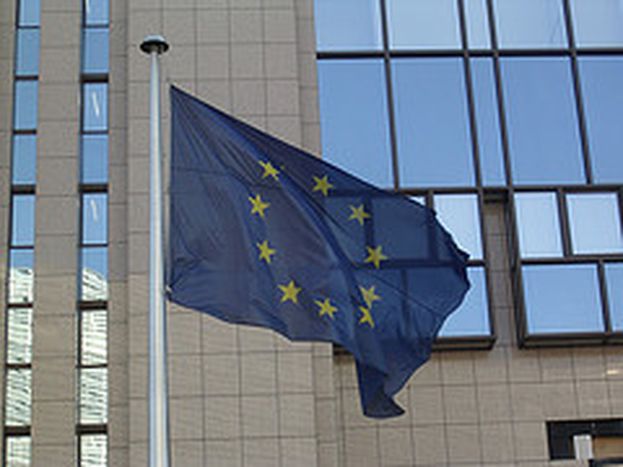
The EU and the US afraid of taking too big a risk by intervening in Libya
Published on
By Desiree Ketabchi The call for an extraordinary European Council on Libya clearly reflects the sense of urgency surrounding the situation in Libya. The question is: how will the European Union react? Will they declare a no-fly zone over Libya? Will they bomb Gaddafi’s troops?
Photo Flickr/TPCOM
The EU countries heads of state met today in Brussels to reach an agreement on how to react to the civil war that has burst out in Libya, after France broke the taboo by mentioning the possibility of targeted bombing. The key point is that the European Council doesn’t dare to take a decision without a UN mandate and an explicit demand from the Arab League. Not after the Srebenica massacre, a trauma that affected the European memory. Within this framework, it is understandable that the European Union doesn’t want to send its troops without a clear support from the United Nations and the Arab League.
On the other side of the ocean, the United States has made it clear that they are not going to intervene militarily in Libya. They cannot afford to be involved in another war in a Muslim country. And they cannot take the risk, if things turn out wrong, to have a big part of the Arab world against them. Last but not least, they can probably not afford the economic expenses of sending out more troops.
The US and the EU face a difficult situation, on the one hand nobody wants to just remain idle and see civilians being killed, but on the other hand nobody wants to take the risk of finding themselves - once again - in a war against an Arabic country.
Declaring a no-fly zone is also “complicated”, as Sarkozy declared today during the press conference he gave at the end of the European Council. The French President also said that if military action will be considered, it would be targeted and strictly defensive.
What can be taken away from listening to the EU leaders is that their priority is not only to preserve security in the region in itself, but mainly to prevent civilians to be “tempted” - as Sarkozy stated - “to cross the Mediterranean Sea”. Humanitarian zones will be created to help people in need ‘on the ground’. This is what it is about: defending the EU borders and preventing the continent from being ‘invaded’ by migrants.
While heads of state are cautious not to take risks, they are taking the risk of ending up reacting too late, as a journalist pointed out by asking Sarkozy if there will be time to consult the Arab League beforehand. To summarize the situation in a nutshell, both the European Union and the United States, traumatised by their past experiences, are waiting for the United Nations to take a decision and tell them what to do.



